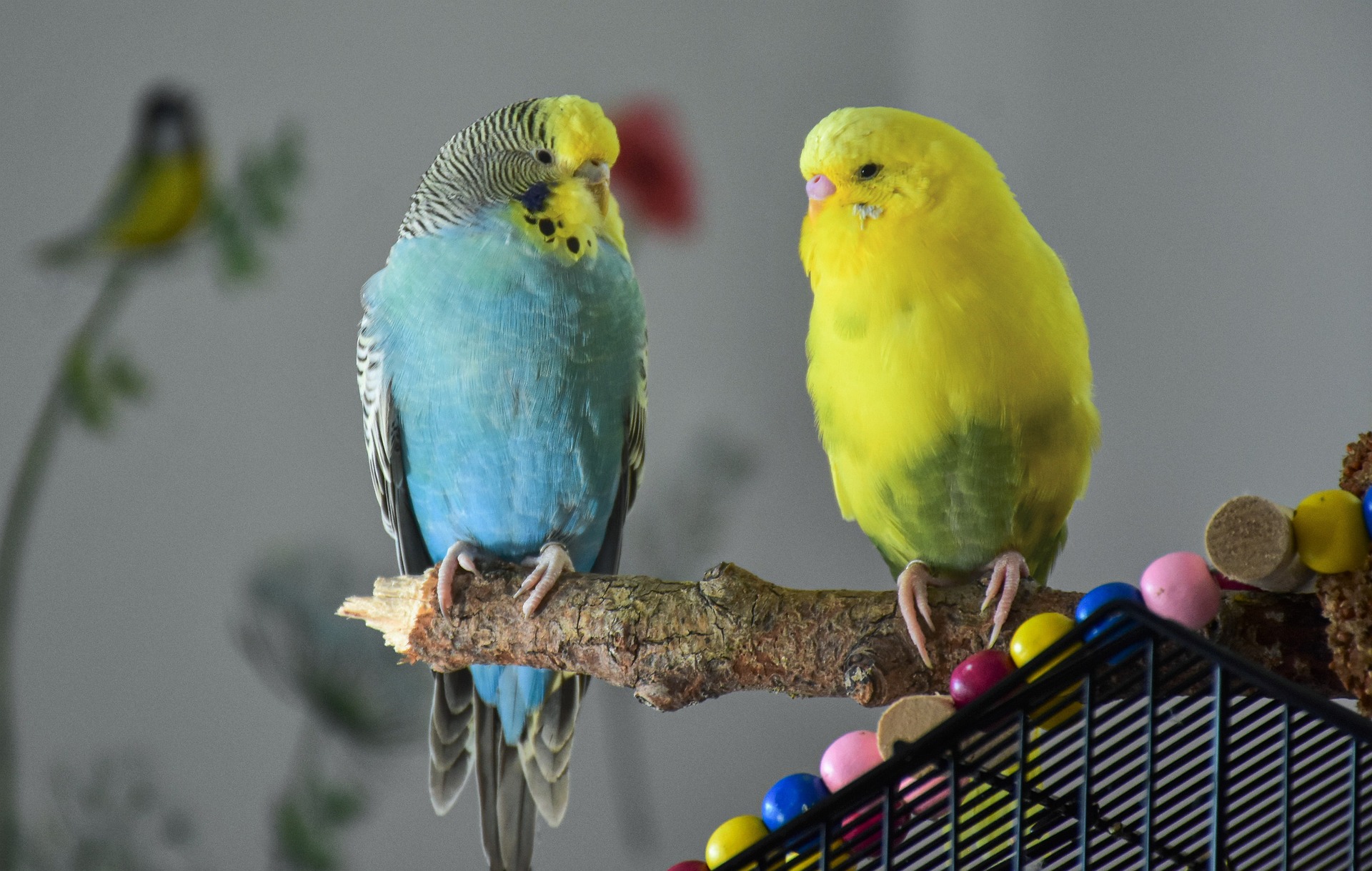Nurturing Your Feathered Friends: Tips for Creating a Stimulating Environment for Birds
Are you a bird lover considering bringing a feathered friend into your home? Or perhaps you already have a pet bird and are looking for ways to enrich their environment and improve their quality of life? Read below for insightful tips and tricks on creating a stimulating and safe space for your pet bird.

The Importance of a Stimulating Environment
A bird’s natural habitat is filled with diverse stimuli, from foraging opportunities to social interactions. In captivity, it’s essential to recreate this diverse environment to keep birds mentally and physically healthy. Birds are intelligent creatures and can easily become bored or distressed in a lackluster environment, leading to behavioral problems and health issues.
Choosing the Right Cage
The cage is your bird’s home, and it should be spacious, safe, and comfortable. It should be large enough for your bird to spread its wings without touching the sides, and it should have horizontal bars for climbing. Also, consider the cage’s material and ensure it’s non-toxic and easy to clean.
Providing Mental Stimulation
Mental stimulation can be achieved through toys, puzzles, mirrors, and even music. Switch out toys regularly to keep your bird interested and engaged. Additionally, teach your bird tricks or talk to them to stimulate their cognitive skills. Remember, interaction is crucial, so spend quality time with your bird daily.
Encouraging Physical Exercise
Birds need regular physical activity to stay healthy. Include perches of varying widths, swings, ladders, and hoops in the cage for your bird to climb and play. Allow your bird out of its cage in a bird-safe room under supervision for free flight and exploration.
Implementing Foraging Opportunities
In the wild, birds spend a significant part of their day foraging for food. Mimic this by hiding treats in toys or throughout the cage, which encourages natural foraging behavior and keeps your bird active and mentally engaged.
Useful Tips and Facts:
- Avoid placing the cage in direct sunlight or drafty areas.
- Clean the cage regularly to maintain hygiene.
- Ensure your bird has a balanced diet of seeds, fruits, vegetables, and bird pellets.
- Regularly vet check-ups are essential to monitor your bird’s health.
In conclusion, creating a stimulating environment for your pet bird is crucial for its overall well-being. By incorporating these tips, you can ensure your feathered friend stays happy, healthy, and engaged. Remember, owning a pet bird is a commitment, and they deserve a life that’s as close as possible to their natural habitat.




